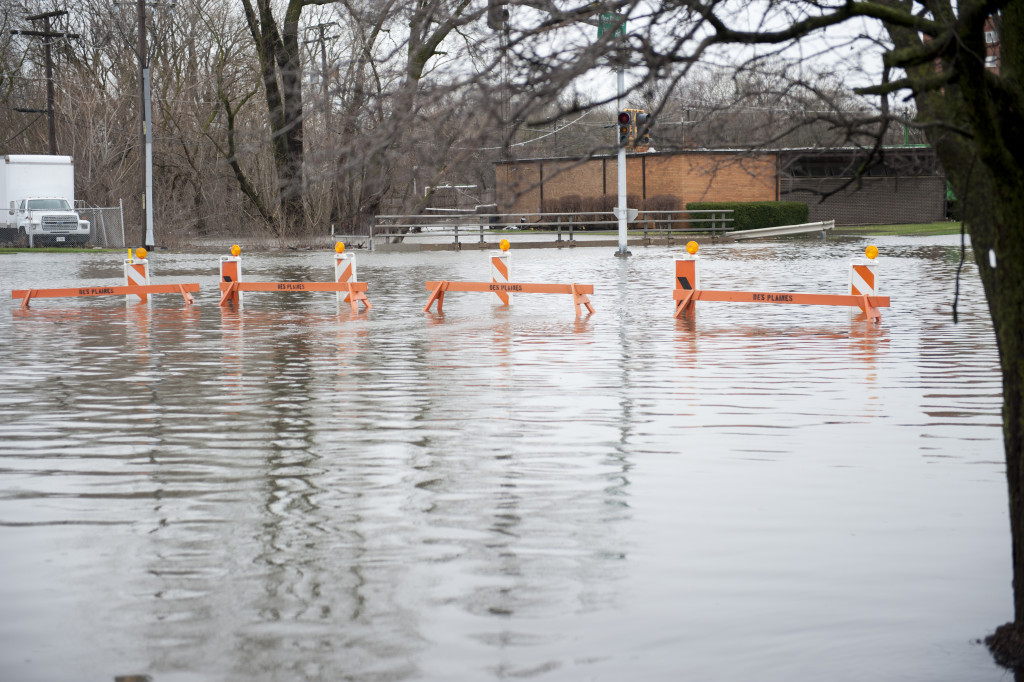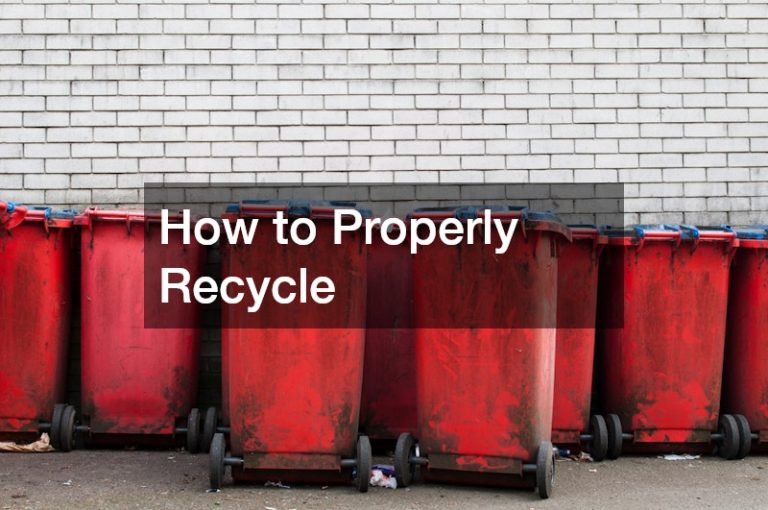- Properly dispose of trash and debris to prevent flooding.
- Maintain your yard and garden, trim trees and bushes, and plant native plants to reduce runoff.
- Use eco-friendly cleaning products for a safer environment.
- Install rain barrels to capture and store rainwater for later use.
- Invest in a professional stormwater management system to meet local codes and regulations.
Heavy rains can be a challenge for any neighborhood. Not only can they cause flooding and damage to homes and properties, but they can also lead to pollution and environmental degradation. Keeping your neighborhood clean during heavy rains is essential to ensure the safety and well-being of everyone in the community. Here are five ways to keep your neighborhood clean during heavy rains.
1. Proper Disposal of Trash and Debris
One of the most important things you can do to keep your neighborhood clean during heavy rains is to dispose of trash and debris properly. Ensure your garbage cans are secured and do not overflow during heavy rains. Do not throw trash or debris in the streets or storm drains; they can block the drainage system and cause flooding.
Encourage your neighbors to dispose of their trash and debris as well properly. Consider organizing a community cleanup day before the rainy season to remove trash or debris that could cause issues during heavy rains.
2. Maintain Your Yard and Garden

Maintaining your yard and garden can help prevent stormwater runoff and pollution. Remove leaves, branches, or other debris from your yard before heavy rains. Trim trees and bushes to prevent them from falling onto power lines or roofs during storms.
Consider planting native plants that are well-suited to your area’s climate and require less water. This can help reduce the amount of water runoff from your property and prevent soil erosion.
3. Use Eco-Friendly Cleaning Products
During heavy rains, pollutants such as oil, grease, and chemicals can be washed into storm drains and local waterways. To prevent this, use eco-friendly cleaning products that are less environmentally harmful.
Here are some eco-friendly cleaning products:
Reusable Microfiber Cloths
Reusable microfiber cloths are a great way to help reduce waste and save money while still getting excellent cleaning results. The tiny fibers attract and hold dirt, dust, and grime, so they can be removed easily with water. They also don’t require harsh chemicals, which can damage surfaces or your health when inhaled or absorbed through skin contact. Plus, these cloths last for months and can be safely washed in your washing machine.
Green Cleaners
Green cleaners are an excellent way to clean surfaces without adding toxins and hazardous materials into the environment. These products use natural ingredients like essential oils, plant-based surfactants, biodegradable solvents, and other natural ingredients to achieve sparkling results. These products are safe for all types of surfaces, non-toxic, and work just as well as traditional cleaning solutions.
Natural Cleaning Solutions

Suppose you’d rather not purchase green cleaners or reusable microfiber cloths. In that case, plenty of eco-friendly cleaning solutions can be made with common household items such as vinegar, baking soda, lemon juice, sea salt and other organic ingredients. These solutions don’t require harsh chemicals and can clean surfaces safely and effectively. Plus, they are much cheaper than commercial cleaners.
Eco-Friendly Mops
The mop you use when cleaning your floors can also make a difference in how eco-friendly your cleaning routine is. Choose a mop that uses microfiber or cotton yarns instead of synthetic ones, which don’t absorb as well and may not be biodegradable. Also, look for a mop with an adjustable handle to fit into tight spaces without additional tools. These mops come in wet and dry versions, making them perfect for hardwood, laminate, tile, linoleum, and other types of floors.
4. Install Rain Barrels

Installing rain barrels can help reduce the amount of stormwater runoff from your property. Rain barrels, such as watering plants or washing cars, capture and store rainwater for later use. This can help prevent runoff and reduce the amount of pollution that ends up in local waterways.
Check with your local government or water authority to see if any rebates or incentives are available for installing rain barrels in your area.
5. Have a Stormwater Management System in Place
Investing in a professional stormwater management system is essential to prevent flooding and water pollution during heavy rains. A stormwater management system can include retention ponds, green roofs, and permeable pavement that help absorb and filter stormwater runoff. A professional will ensure your stormwater management system meets all local codes and regulations.
Check with your local government or water authority to see if any stormwater management programs are available. They may offer incentives or resources for installing stormwater management systems in your neighborhood.
In Summary
Keeping your neighborhood clean during heavy rains is essential to prevent flooding and water pollution. Properly disposing of trash and debris, maintaining your yard and garden, using eco-friendly cleaning products, installing rain barrels, and having a stormwater management system can all help prevent these issues. By taking these steps, you can help keep your community safe and healthy during heavy rains.











